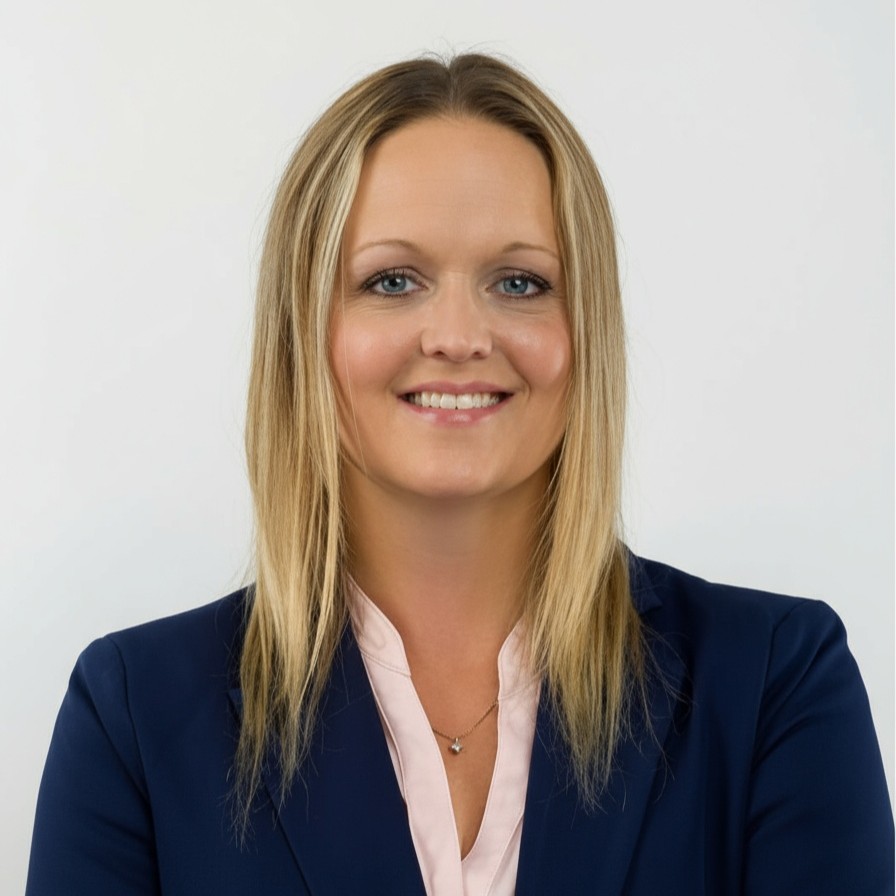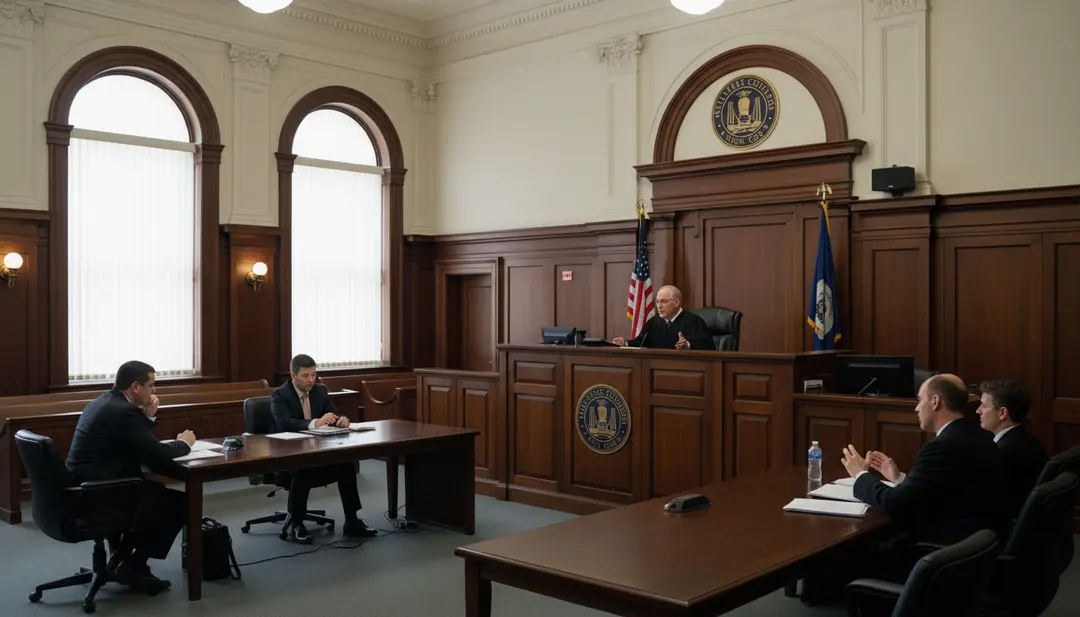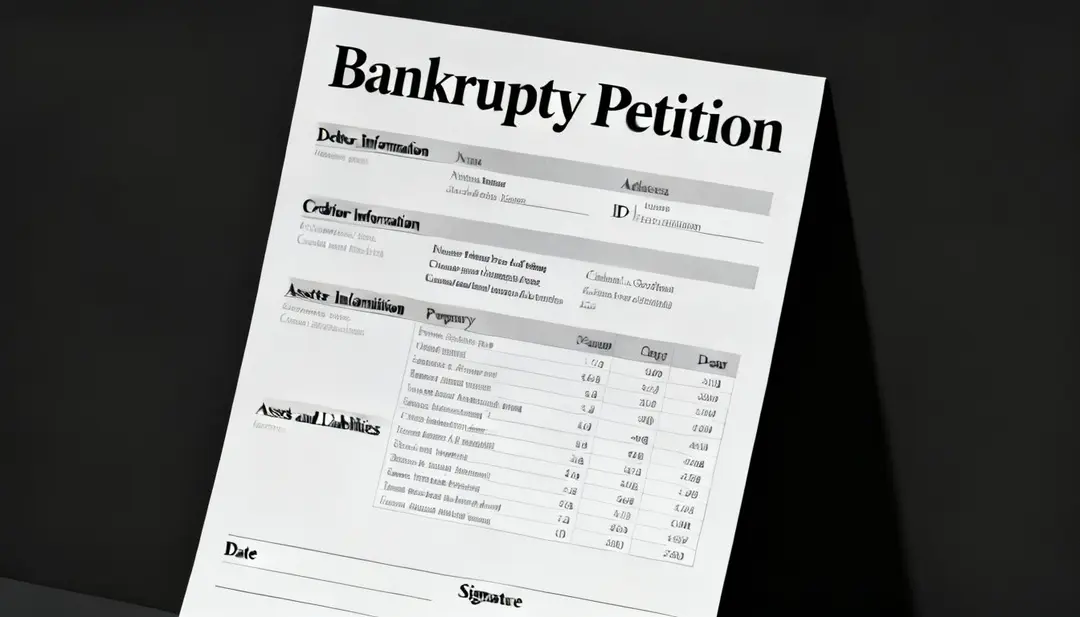As a new nominee to the Board, you were likely more focused on your agenda than the realities of serving as a volunteer Director for a non-profit homeowners’ association.
Then you were elected and in the thick of it all. Your agenda got lost in the sheer breadth of what you needed to handle as a director. You picked up on the broad strokes first. Then the finer points with time. More experienced Directors showed you the ropes. You learned a bit from watching the Community Manager. And you always kept a list of important questions to ask an Association attorney – the next time you saw one.
You grew wiser in the year. The election passed and new Directors came near. Would you explain this to them, they asked, if they brought the beer?
Never fear, you told them, hear the following and persevere!
You Are Your Community Documents
Your community documents are the lifeblood of your Association. They are the operating manuals that give you the Rules. They include, at a minimum, your Declaration of Covenants, Conditions, and Restrictions (“CC&Rs”) and your Bylaws. Other common community documents include Articles of Incorporation, Rules and Regulations, Fine Policies, Enforcement Policies, Architectural Guidelines, Amendments, and Resolutions of the Board.
You likely have general familiarity with your community documents. You know the structure and can navigate them. You must now begin the journey from familiar to knowledgeable.
Expand upon your knowledge issue by issue. Look to the community documents for answers first and always. Keep notes on sections or words you do not understand and ask other Board Members and industry professionals for their interpretations. As you use and rely on the community documents your understanding will deepen and you will see new connections in your documents you did not notice before. Still take notes and ask industry professionals for their interpretations. Mastery of your community documents, like the vinting of fine wine, comes only with time.
What You Need to Know About HOA Finances
Association finances may not be fun, but they set the functional stage for your work as a director.
They are also why you serve on the Board for free!
Your Association lives on assessments. Your Association likely has no other source of funds outside its assessment powers. The Board sets the assessment rate. The Association assesses. The Members, ideally, pay.
How does the Board decide on the assessment rate? Firstly, by reviewing the governing documents for limitations on assessment increases. Secondly by comparing expected financial obligations against current assets. Financial obligations include charges such as: property taxes, utilities, professional management or accounting, general and litigation counsel, landscaping charges, insurance, staffing and contractors, maintenance and replacement of capital assets, payments to the reserves for future maintenance, and other operating costs.
All this must be paid for with assessments.
Fortunately, you need not be an accountant to understand and manage Association finances. Start with a review of the most recent budget and go from there. The Treasurer or Community Manager can provide you with the financial statements and some basic understanding. The rest depends on your efforts of inquiry.
Patient, Selective Advocacy
Only you know exactly why you ran for the Board, but we imagine it is because you care about how your community is operated and governed. There is also a good chance you have some strong opinions on how things, or one thing, should be done.
Take a cautious approach to your agenda as a new Board Member. Your first few board meetings are best spent getting a feel for how the Association operates, your Association’s current concerns, and the disposition of your fellow Board Members. Don’t be afraid to put in some work during this time to support the effort or decisions of other Board Members. You will gain valuable experience and will build relationships that may be helpful when it is time for you to undertake your project.
During this time, you can consider the goals you would like to accomplish. You should eventually settle on one and make this the focus of your efforts and accumulated political capital.
Open Communication with All Members is Key
The Association is a community endeavor. Substantive (and sometimes unsubstantive!) changes will need a majority of the Board and Members on your side. As a new Director, you need to understand the lay of the land. What are the priorities of the Board and other Directors? What are the Members concerned about? What of percolating intrigue, rumor, and scandal?
You need be a spymaster or political savant no longer! Modern technology makes it easier than ever to create online or email polls to gather information from your community.
A professional and well-considered poll can assist the Board with identifying community sentiment for a project or change. This information can be invaluable for a Board attempting to identify and tailor positive changes for their Association.
And don’t discount plain old feet on the street with an ear for your neighbors and fellow Directors. All types of communication are key.
But most of all, don’t forget to…
Communicate with Experienced HOA Attorneys in Arizona
Most new board members quickly realize that being on a community association board requires a lot of time and effort, especially at the start. One of the ways that you can make sure that effort is productive and benefiting the association long term is to work with a law firm that specializes in association representation in Arizona. The Brown Law Group only represents Arizona associations and planned communities. We can handle general counsel needs, covenants enforcement, assessment collections, litigation and more. Contact us today at 602-952-6925 to schedule an initial consultation with our team.
The Brown Law Group shares this article for informational purposes only and it does not create an attorney-client relationship.














![Does an Arizona HOA Need to Update AZCC Records After Changing Management Companies? [2025 Guide]](https://cdn.prod.website-files.com/66b97099f8f1d06c15fb6dbe/68bf09165df481aa44c0f29d_corporate-change-management-leadership-transition.jpg)
